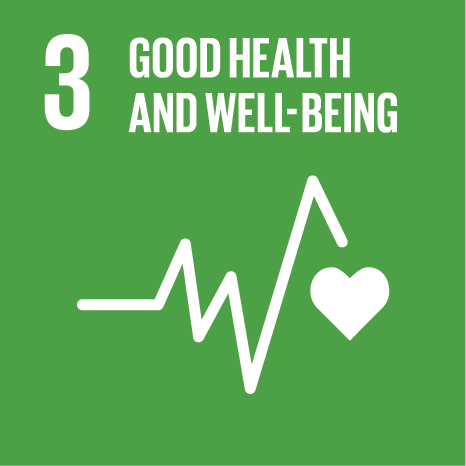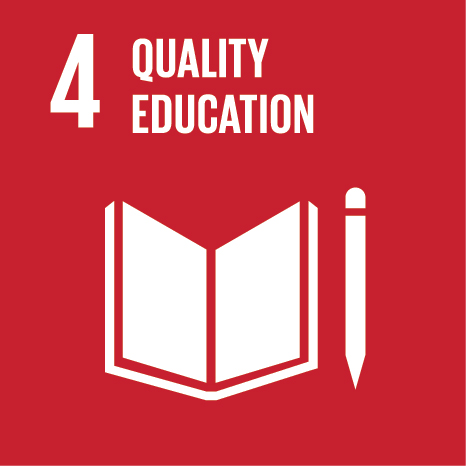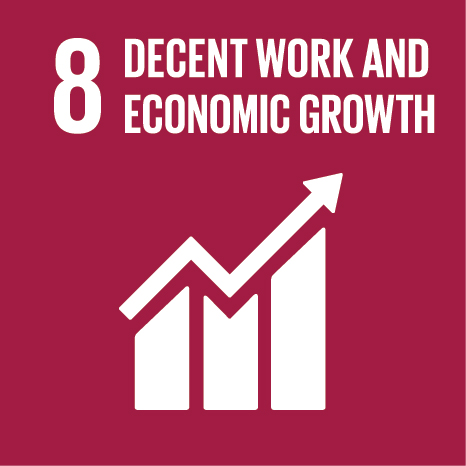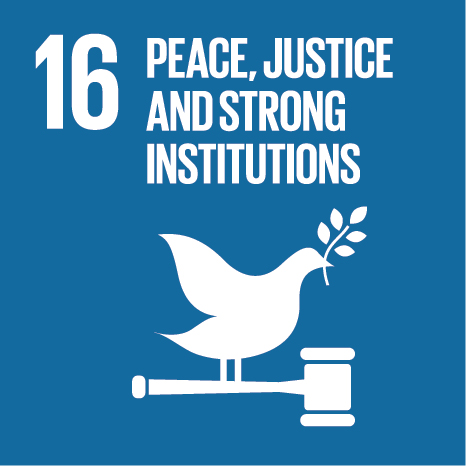Anxiety Case Study (2022)
This document looks at the impact of Generalized Anxiety Disorder (GAD) on a university student. In this case study, presented by the Counselling and Student Development Center (CSDC) under the guidance of Kathryn Hardy, we delve into the journey of a 22-year-old female student who bravely shares her experience with GAD. Maintaining her anonymity for safety and personal reasons, this report sheds light on the diagnosis, personalized support plan, and the transformative outcomes achieved through the collaborative efforts of the student, university and the CSDC. The findings reflect not only academic growth but also the invaluable role the CSDC plays in fostering emotional well-being and resilience. Explore the intricate details of this case study as we navigate the complexities of mental health and academic success.
The Resources
Welcome to a wealth of resources dedicated to fostering your holistic well-being and academic success. Our collection encompasses a variety of materials addressing wellness, mental health, and essential study skills. Dive into a diverse range of articles, guides, and tools designed to support you on your journey to balance, resilience, and academic excellence. Explore strategies for managing stress, building resilience, and nurturing your mental health. Additionally, discover valuable insights and practical tips to enhance your study skills, empowering you to navigate your academic endeavors with confidence and success. Whether you’re seeking guidance on self-care practices or looking to optimize your study routine, these resources are tailored to nurture every aspect of your personal and academic growth.
Welcome to a specialized hub of resources tailored for high-achieving students! Here, you’ll find an array of materials crafted to elevate your academic journey and personal development. Our curated collection offers insights into advanced study techniques, time management strategies, and exclusive content designed to challenge and inspire. As an added benefit, we provide a comprehensive list of high-achieving students, fostering a sense of community and potential collaboration. Whether you’re aiming to maintain your stellar performance, explore new avenues of knowledge, or connect with like-minded peers, these resources are dedicated to supporting your pursuit of excellence. Embrace the opportunities to learn, grow, and thrive in your academic endeavors.
List of High Achievers by Academic Year
Each year, students who achieve a GPA of 3.6 and above, along with additional
Requirements for the Deans List:
- Undergraduate student
- A GPA of 3.6 or higher
- No academic warnings
- Minimum C in all subjects
- Successfully completed 24 academic hours in YU
- No objection from student
NOTE: Warnings and grades count from previous universities as well.
To see the official deans lists, you can find them in the following locations:
There are many ways in which you can further excel in your field and studies. The following are suggestions that may help. Feel free to contact the SCC for more information and advice.
- Write a journal article – seek out a professor who is currently conducting research, and ask them if you can be part of it.
- Networking – join networks on LinkedIn and go to networking events that focus on your interests and in your field.
- Mentoring Program – There are many mentorship programs that you can apply for and join.
- Study Groups – join people who are interested in studying, just like you. Work together to further improve.
- Become a Mentor – help a student who is struggling. Teach them how to study, or help them to study in a specific subject.
- Hobbies – it’s good to have other interests. These could be sports, crafts, going out for a coffee or anything that helps you to balance your life.
- Focus on Career Development – look for courses that relate to your future career and take one per semester.
- Workshops – attend specialized workshops and webinars that focus on advanced topics, specialized skills, or emerging trends in your field.
- Professional Conferences – Attend conferences related to your area of expertise to network with professionals, present your research, and stay informed about industry developments.
Remember, a holistic approach that combines academic excellence with personal well-being and networking can contribute to sustained success for high-achieving students.
SDGs and SCC
Embarking on a shared commitment to global sustainability, the Student Counselling Center (SCC) at Al Yamamah University stands as a steadfast ally in advancing the United Nations’ Sustainable Development Goals (SDGs). As we champion the ideals of a more equitable, inclusive, and resilient world, the SCC aligns its mission with the overarching principles of the SDGs. At the heart of our endeavors lies a dedication to fostering a supportive environment that not only nurtures academic success but also prioritizes the holistic well-being of our students. Through a collaborative approach, the SCC aims to empower individuals with the knowledge, skills, and resilience necessary to thrive academically and personally, thereby contributing to the realization of a sustainable future for our global community. Join us in this transformative journey, where the pursuit of well-being intertwines with the pursuit of a better world for all.
The work of counseling generally aligns with several United Nations Sustainable Development Goals (SDGs), as it contributes to the well-being and development of individuals and communities. However, one specific SDG that closely relates to counseling is SDG 3: Good Health and Well-being.
SDG 3 aims to ensure healthy lives and promote well-being for all at all ages. Counseling plays a crucial role in supporting mental health, addressing psychological challenges, and promoting overall well-being. By providing guidance, emotional support, and coping strategies, counseling helps individuals navigate life’s complexities and contributes to the achievement of SDG 3 by promoting mental health and well-being.
Additionally, counseling interventions may have indirect impacts on other SDGs, such as SDG 4 (Quality Education) by enhancing students’ ability to learn and succeed, SDG 8 (Decent Work and Economic Growth) by promoting mental health in the workplace, and SDG 16 (Peace, Justice, and Strong Institutions) by fostering social inclusion and addressing issues related to conflicts and violence.




